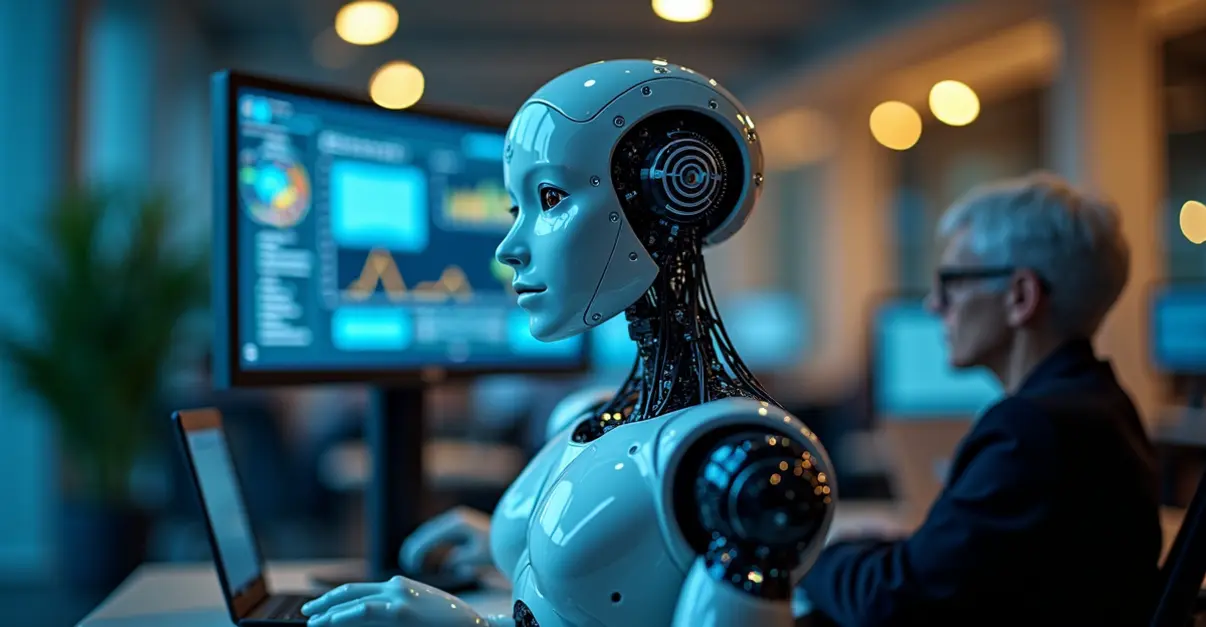Major Tech Layoff Wave Hits AI Startups
The tech industry is experiencing its most significant workforce restructuring in years, with artificial intelligence startups at the epicenter of a massive layoff wave that has claimed over 184,000 jobs globally in 2025. This represents a dramatic acceleration from previous years and reflects a fundamental shift in how investors and companies approach the AI revolution.
Talent Market in Turmoil
The once red-hot AI talent market has cooled considerably as startups face pressure to extend their runway and demonstrate profitability. 'We're seeing a complete recalibration of hiring strategies across the AI ecosystem,' says venture capitalist Sarah Chen of Sequoia Capital. 'Companies that were hiring 100 engineers per quarter are now implementing hiring freezes or even reducing headcount.'
According to data from TechStartups.com, startups now account for nearly 60% of all tech layoffs, with AI-driven companies being particularly affected. The situation has created a paradoxical environment where experienced AI talent is available but companies are hesitant to hire.
Investor Caution and Funding Shifts
Venture capital funding patterns have shifted dramatically in 2025. While AI continues to capture over 53% of global VC dollars according to StartupWired, investors are becoming increasingly selective. The market has moved toward fewer but larger deals, with mega-rounds ranging from $500 million to $2 billion driving headline totals while seed and Series A activity remains flat.
'Every investor wants exposure to AI, but they're being much more deliberate about which companies they back,' explains Robert Windesheim of Founders Fund. 'The days of funding every AI startup with a compelling pitch deck are over. Now we need to see clear paths to profitability and sustainable business models.'
Startup Runway Concerns
Many AI startups that raised substantial funding during the 2022-2024 boom period are now facing runway concerns. With burn rates remaining high and follow-on funding becoming more difficult to secure, companies are being forced to make difficult decisions about their workforce.
Crunchbase data shows that while Q2 2025 saw $91 billion in global funding, an 11% increase year-over-year, the distribution has become increasingly concentrated. Startups without clear differentiation or unique data advantages are finding it particularly challenging to raise additional capital.
Hiring Freezes and Strategic Pivots
The hiring landscape has transformed from aggressive expansion to strategic consolidation. Major tech companies including Meta, Google, and Microsoft have implemented significant hiring freezes for AI positions, as reported by AI2.Work. This trickle-down effect has impacted the entire ecosystem, with startups following suit.
'We had to make the difficult decision to pause all new hiring and reduce our team by 15%,' shares Maria Rodriguez, CEO of an AI healthcare startup. 'It's painful, but necessary to ensure we have at least 24 months of runway to weather this funding environment.'
Long-term Implications
Despite the current challenges, industry experts believe this restructuring could ultimately strengthen the AI sector. The shift toward more sustainable growth models and increased focus on profitability may lead to more robust companies in the long run.
The World Economic Forum projects that while automation could eliminate 80-85 million jobs globally within three years, it could potentially create up to 170 million new roles. This suggests that the current talent market disruption may be a temporary phase in the broader technological transformation.
As the industry navigates this transition period, companies that can demonstrate clear value propositions, sustainable business models, and efficient operations are likely to emerge stronger. The current wave of layoffs and hiring freezes represents a necessary market correction that could ultimately benefit both investors and the technology ecosystem as a whole.

 Deutsch
Deutsch
 English
English
 Español
Español
 Français
Français
 Nederlands
Nederlands
 Português
Português









